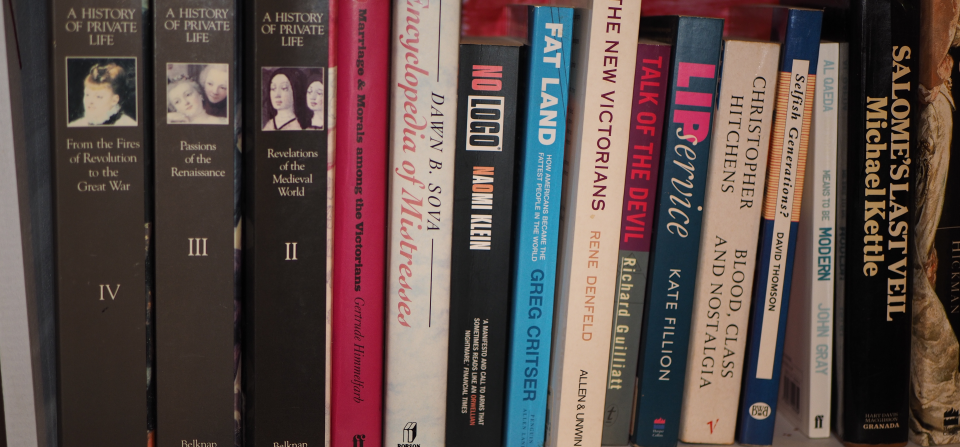White Tiger is the first novel in the Dark Heavens series, a contemporary fantasy series set in Hong Kong and based around Chinese mythology. The protagonist is an Australian nanny who cares for the daughter of a wealthy local. My feelings about it are… mixed. Profoundly mixed.
I’m trying to write more nice things about books and movies. There are a number of reasons; for one, I actually enjoy the bulk of what I read and watch. But more than that, writing rude things is easy to do well once I get into the groove, while writing positive things is someone more of a challenge1; moreover, the Internet in general tends to thrive on snark and hostility. It’s easy to wind up focusing on being rude and mean-spirited.
Which is difficult, because White Tiger had some whopping problems from my point of view. Since I can’t ignore them, I’ll start with them so I can at least finish on a positive.
Many years ago I watched Legend of the Overfiend many years ago at the now-extinct Incredibly Strange Film Festival2. My main criticism of it, other than being a little blindsided by the volume of tentacle rape3 was how tedious it was. Oh look, defeated the demon. Oh look, now it’s a bigger demon. Now it’s a bigger demon. Boring.
White Tiger is the Legend of Mary Sue-dom. Really. Oh, so you’re an Australian nanny who gets a full-time job with a hot Chinese guy in Hong Kong. Now he’s paying you absurdly well. Now it turns out he’s a god. Now it turns out he’s teaching you martial arts, because he’s the god of martial arts. Now it turns out you’re his greatest human student. Now he’s fallen in love with you… And on and on. It’s a testament to the good qualities of the book I didn’t give up around the “greatest human student” point. Because really, it’s so over the top it has to be experienced. It cannot merely be described.
The fact Chan herself is an Australian who lived in China for a decade and practises Kung Fu merely underscores the Mary Suedom of it all.
There were a couple of other notes than rung a bit false; the description of Emily’s Aussie family visit was horribly two-dimensional, and her Australian Chinese friend who ends up in a disastrous marriage ends up seeming like a bit of crude social critique rather than a character.
But I did get past those problems. Why?
For starters, it’s generally well-written. Normally if I found that annoyed me I’d have read veeeery slowly, given up, or at least felt much more negative about it. Instead, I read it quickly churning through 500-odd pages over a couple of lunchtimes and an evening. So, clearly, it has a nicely compulsive quality about it, enough of one that it kept drawing me back in. I would put one caveat on that: at least some of the what kept me going turned out to be dead-ends; character development of secondary figures that didn’t happen (but may in the rest of the series, of course).
Chen’s decade in Hong Kong shows up as fluent and comfortable descriptions of the city; her time studying Chinese martial arts and religion underpin allow her to world-build in a way that’s convincing to me as someone who doesn’t have that familiarity.
All-in-all I’m pretty pleased with White Tiger as light entertainment, but it will be interesting as I work through the next two in the series, to see whether Chan curbs the qualities I find least appealing.
-
Well, if it’s going to be more articulate than “did like, was good”. ↩︎
-
Back when the Festival was a mix of stuff that was unusual to the sensibilities of the average movie-goer and before it became weeabo central and then died out. ↩︎
-
This was before widespread Internet access had made “anime” = “tentacle rape” a standing joke. ↩︎
